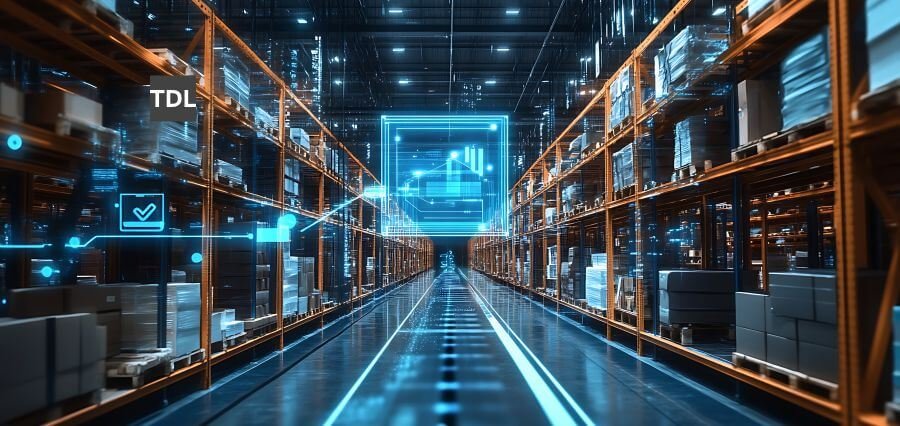In the dynamics of the current competitive business environment, procurement is not an organizational process which least contributes towards making the organization functional, cost-effective, and performance-oriented. Having witnessed its past dependency on manual and historical data, procurement is undergoing a change with Artificial Intelligence (AI). From the automation of manual processes to the provision of anticipated information and informing strategic decision-making, AI technologies are transforming procurement practice sector by sector. It is not a trend but a business necessity. As increasingly complex and data-intensive global supply chains emerge, organizations recognize the limitations of their current procurement systems. AI technologies hold the potential to significantly enhance responsiveness, accuracy, and speed within procurement functions. By leveraging these capabilities, procurement teams are better equipped to navigate market volatility, manage supplier risks, and adapt to evolving customer demands with greater efficiency and intelligence.
Boosting Efficiency and Accuracy through Automation
The biggest and most glaring advantage of AI buying is that routine, labor-intensive processes are computerized. Invoice matching, PO order generation, contract management, and onboard suppliers are just some of the things that can be handled effectively by utilizing AI-powered solutions. It not only decreases administrative load on procurement teams, human error, cycle time, as well as increases process consistency. Smart process automation (IPA) combines artificial intelligence with robotic process automation (RPA) in its efforts to automate processes and reserve high-value human resources for complex tasks.
Furthermore, AI-powered apps allow for data extraction and document handling through natural language processing (NLP) and optical character recognition (OCR). Procurement platforms can then accurately read unstructured data from many sources such as emails, PDFs, and scanned documents. Organisations can therefore provide higher levels of data accuracy, higher levels of compliance, and higher levels of speed of processing—the foundations on which an improved responsive and agile procurement function can be built. AI will also facilitate easier automation of pro-active reminders and aid procurement activity by monitoring compliance levels, vendor qualification, and contract expiration in real time. For example, automated systems can notify procurement deviation, warn invoice discrepancy before payment, and even offer suggestions.
Strategic Sourcing and Supplier Management
Besides automation, AI is also the arena of strategic sourcing and supplier relationship management. Machine learning techniques can find cost-saving alternatives and procurement process optimization in past purchasing trends, marketplace data, and performance data on suppliers. Predictive analysis helps procurement professionals to make forecasts about direction of price, analyze supplier risk, and measure the long-term sustainability of a procurement decision. This data enables better negotiations and enables firms to create responsive supply chains. AI helps in the real-time tracking of performance through real-time aggregation and computation of data from touchpoints. These include delivery schedules, quality checks, contract compliance, and risk indicators. With these, organizations are able to plan ahead against issues, make supplier relationships transparent, and drive development.
AI also assists in supplier sourcing by looking at massive databases and open data and identifying new, sustainable suppliers with the appropriate fit to the organization’s purpose, compliance concerns, and sustainability needs. In addition, AI is assisting in measuring suppliers’ compliance with ESG, which is an item on the agenda. AI technology can examine suppliers’ compliance with ethical rule and sustainability expectations through global news monitoring, third-party verification, and public statements. This assists in informing corporations to make responsible buying decisions on the grounds of social responsibility.
Data-Driven Decision Making and Future Perspective
AI is assisting procurements leaders in moving from reactive to proactive and data-driven decision-making. In addition to enterprise resource planning (ERP) and procurement software, companies these days have access to real-time dashboards, scenario modeling, and forecasting. With these capabilities, strategic planning becomes achievable by revealing spend patterns, market trends, and risk exposure. The more procurement is aligned with business strategy, the more AI becomes the driver’s seat for agility and innovation. In the coming times, AI will continue to be employed in purchasing as technologies such as generative AI, autonomous negotiation systems, and blockchain-based systems progress. All these technologies are set to enhance transparency, personalization, and automaton.
Generative AI, for example, can help generate contracts, emails, and negotiation documents with contextual understanding and thus save time and enhance clarity. AI-powered autonomous negotiation technology can analyze offers by suppliers and react dynamically in line with predefined scenarios, writing a new book on negotiation speed and efficiency. But to make the most of AI, there must be a thought-out implementation strategy supported by change management, communications with stakeholders, and continuous learning. Organizations need to place data quality, governance, and ethics at the top so that adoption of AI is aligned with firm values and regulatory obligations.
Conclusion
Adoption of AI in procurement is a step towards increased operational efficiency, strategic value generation, and competitiveness. AI frees human effort from mundane tasks, rationalizes purchasing decisions, and allows for fact-based decision-making, making procurement intelligent, agile, and value-generating procurement. As technology keeps evolving, those businesses that embrace AI in procurement will be best placed to thrive in a fast-evolving and complicated global economy.
Read More: From AI to Business Intelligence: Top HR Software Trends Shaping the Future




